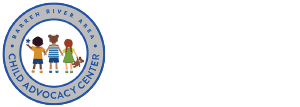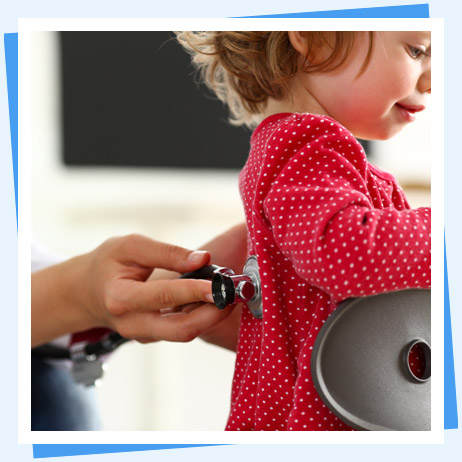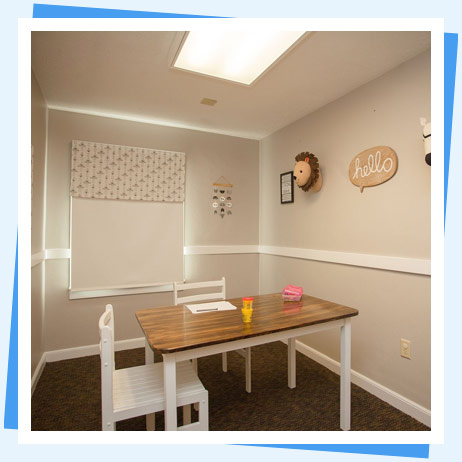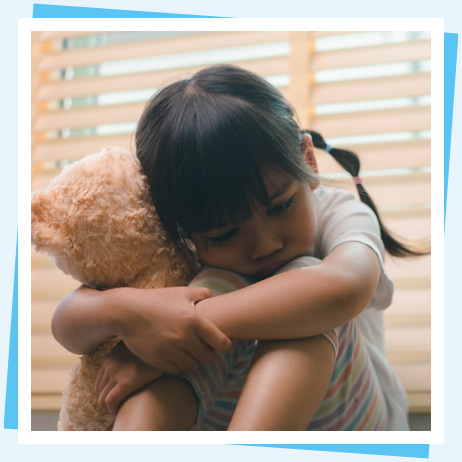The BRACAC’s services and programs fulfill our mission to help sexually abused children and their non-offending parents and caregivers in the Barren River Area region heal from abuse. We believe no one professional or agency can meet that goal alone. Rather, it takes a team of specially trained professionals working together to meet the needs of a child victim while respecting the needs of the investigative process to hold offenders accountable for crimes against children.
The Barren River Area Child Advocacy Center provides children and their non-offending family members with advocacy and support, coordination of the investigation process and critical direct services for children ages 0-17 living in Allen, Barren, Butler, Edmonson, Hart, Logan, Metcalfe, Monroe, Simpson and Warren Counties.






